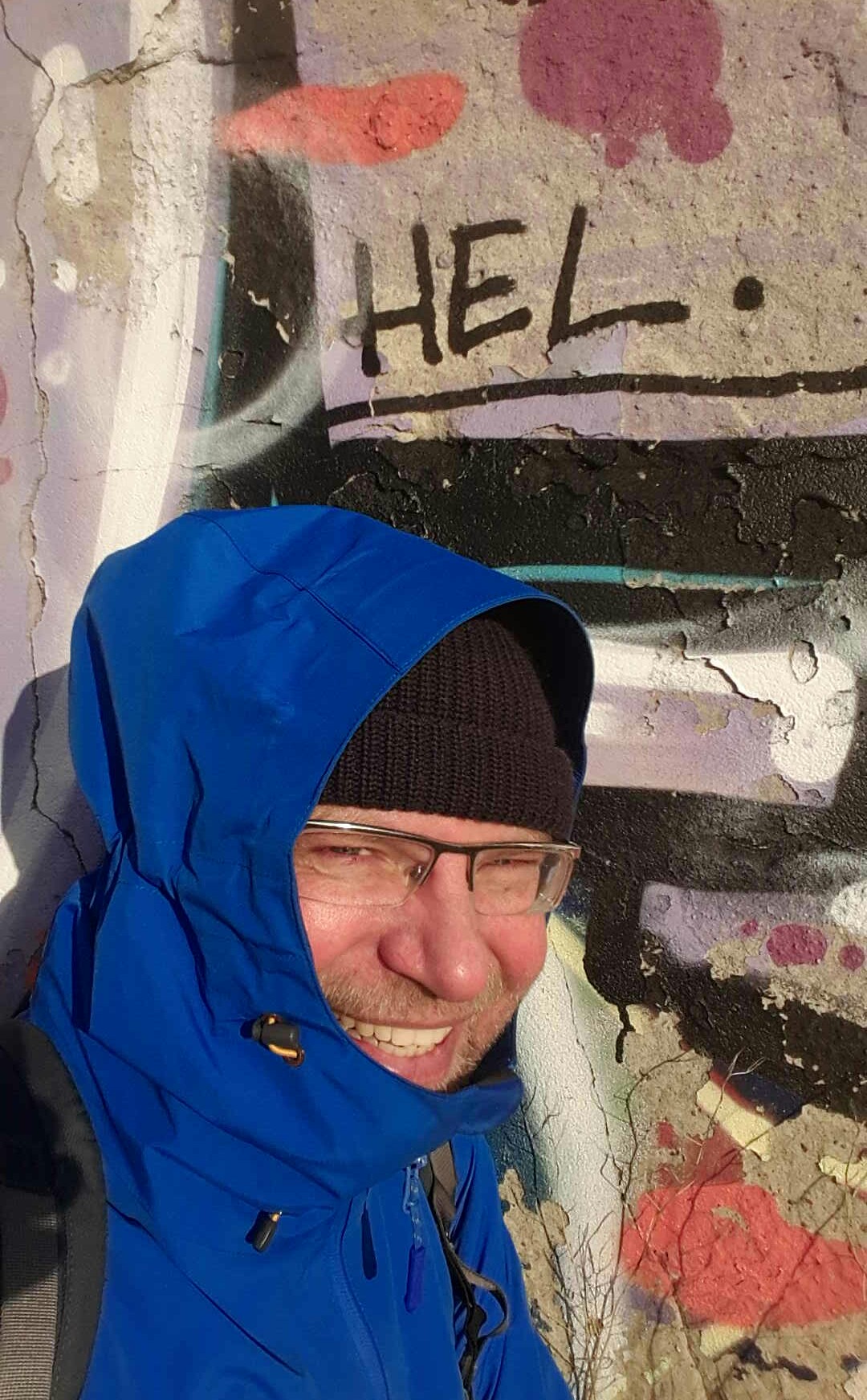This is the fourth and last set of photos of my 7-days-trip to Gdańsk. It is presenting Gdynia Główna (main-trainstation), a trip to the peninsula Hel and Stogi Plaża. This series of blog-posts started here.
Gdynia
Gdynia has the wonderful restored train-station Gdynia Główna. But the building isn’t presenting just a fixed status of a special time, but evolved a lot. And so you can experience a wonderful, really lively building.
[slideshow_deploy id=’1635′]
Hel
Hel is – in winter – pretty far away from Gdańsk. Ferries has no service from around September until May. So you have to take the train, which takes around two hours from Gdańsk. But the site and the landscape (Baltic Sea at its best) it’s worth to do the trip, even when you see the scars from war everywhere.
[slideshow_deploy id=’1652′]
Stogi Plaża
Last set of photos shows the area of Stogi Plaża, which for sure is a lively beach-area in summer-time, but I think, you will find not many tourists here. So: It was and it will be my choice in summer-time ;)!

[slideshow_deploy id=’1721′]
I don’t swear, but it could have been my 10th time in Poland and my third time in Gdańsk. It is a wonderful city in a wonderful country. With very nice people – OK, oczywiście, yes of course: Not only… – but: Our neighbours!
My Polish is getting better much too slowly (I am learning like this and this), but nevertheless I highly appreciate the atmosphere. And so I will come back :)!




How fortunate, and fantastic, being able to visit, photograph and write about the homeland of your ancestors, Daniel! I hope to do the same — still, even in my old age! Keep it up, my friend! (:
Wow, the pics you took! Nice work. I am so happy you liked Stogi beach, so underappreciated.
Thank you very much, dziekuje bardzo. I think in summertime it is even more lovely. I am still surprised, that quite a lot of the city-area of Gdańsk is private/not accessible ground, because of the shipyards and the cargo-port. I lived a long time in the Ruhrgebiet (https://pl.wikipedia.org/wiki/Zag%C5%82%C4%99bie_Ruhry), where most of the heavy industries disappeared. Suddenly huge areas of the cities were ‚free‘ to use and cities developed in a very interesting way later…